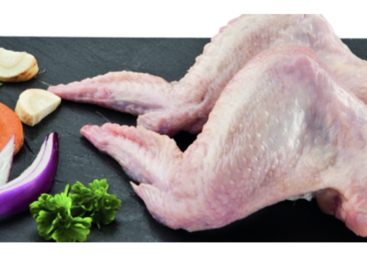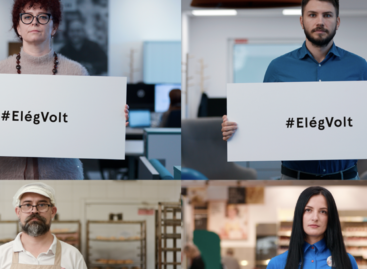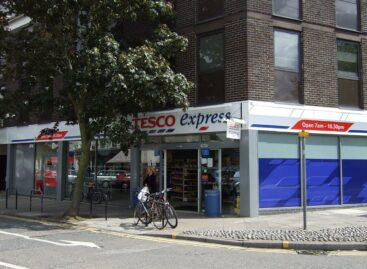”If this continues, the promotions will disappear” – Interview with Zsolt Pálinkás, CEO of Tesco Hungary
In the spring of 2025, Pénzcentrum asked Zsolt Pálinkás, head of Tesco, one of the most important players in domestic food retail, about the prospects for the sector, the challenges related to the margin freeze, the wage pressure, the situation of private label products and the introduction of the DRS system.

According to Pálinkás, the economic outlook is still ambiguous: although some real wage growth has started, consumption has not revived spectacularly. Although customers have returned to hypermarkets, they are uncertain and frugal, and consumer confidence remained in negative territory even during the holiday season.
40% of the population lives from month to month, without savings, and there has been practically no change in the lower income categories since Covid. The role of promotions is crucial for them.
According to him, the margin freeze distorts the market, parts of the promotional products are disappearing, especially among branded products. The promotional space is narrowing, so long-term competition may also be at risk. Base prices are lower, but competitiveness, innovation, and the operation of the value chain are being undermined.
According to Pálinkás, the biggest shortcoming at the moment is predictability. Hungarian regulation is not uniform: while in Romania the price freeze applied to all players, in Hungary only retailers were burdened. This undermines the balance of the value chain in the long term.
During the interview, it was revealed that Tesco is recording a loss of approximately 1 billion forints per month due to the margin freeze. The reduction of sale products has already begun, which also threatens developments, store renovations, and wage increases.
Tesco explicitly supports the DRS system. The willingness to redeem has increased, and customers typically spend the amount they receive back in the store. The introduction of the system meant a billion-euro investment, financed from its own resources, but it works and could be an important sustainability step in the long term.
Tesco is already preparing to introduce an energy drink ban for those under 18, integrating it into the age verification system at checkouts. The impact may vary from product group to product group.
The labor market is becoming increasingly tight, wage pressure is increasing. Tesco implemented a wage increase of around 9% and increased the cafeteria allowance by 25%. The biggest challenge: how to maintain competitiveness with stagnant volumes.
The popularity of private label products is stably high, but the proportion of branded products may also increase if the economic environment improves. The margin freeze is currently distorting this equilibrium process.
According to Pálinkás, the most important thing would be a gradual, professional-based phase-out of state interventions. Only in a predictable environment can long-term planning, development and sustainable operation be achieved.
Related news
Tesco against domestic violence: extra paid leave and financial support for abused colleagues
🎧 Hallgasd a cikket: Lejátszás Szünet Folytatás Leállítás Nyelv: Auto…
Read more >Tesco confirms 380 jobs to be cut
🎧 Hallgasd a cikket: Lejátszás Szünet Folytatás Leállítás Nyelv: Auto…
Read more >Related news
(HU) Hétéves növekedési stratégiát jelentett be az Auchan
🎧 Hallgasd a cikket: Lejátszás Szünet Folytatás Leállítás Nyelv: Auto…
Read more >Festive table, new habits
🎧 Hallgasd a cikket: Lejátszás Szünet Folytatás Leállítás Nyelv: Auto…
Read more >









